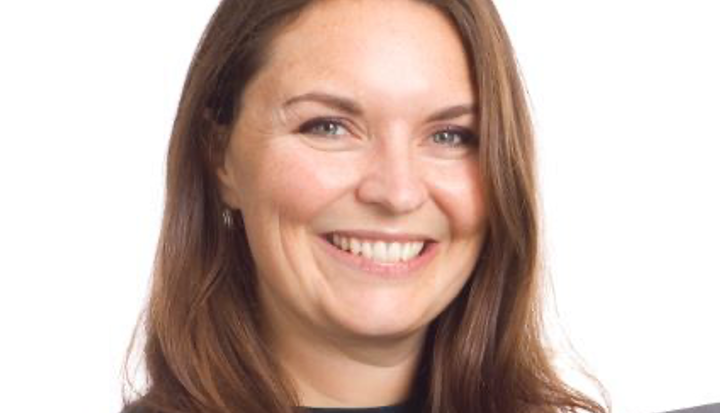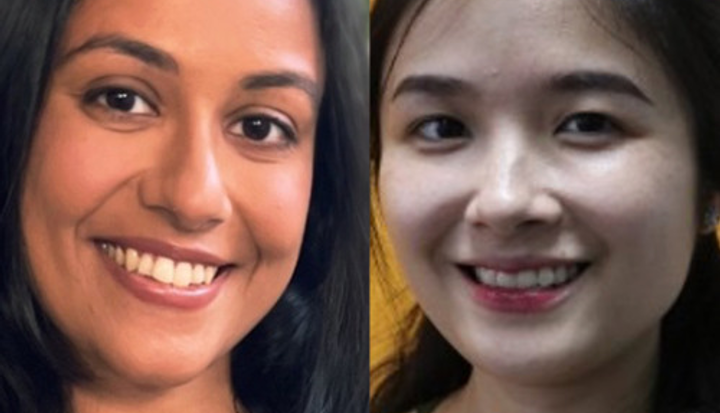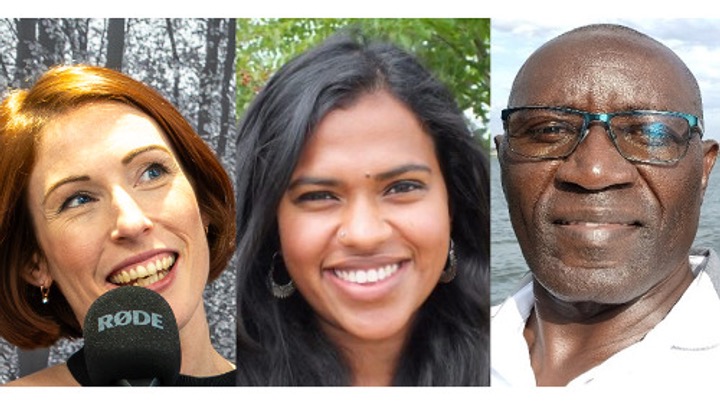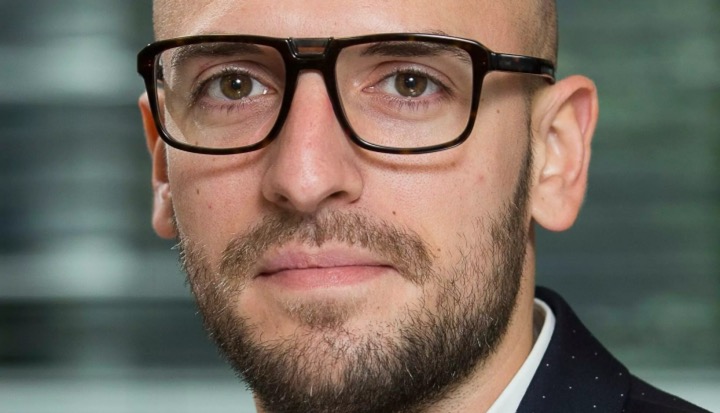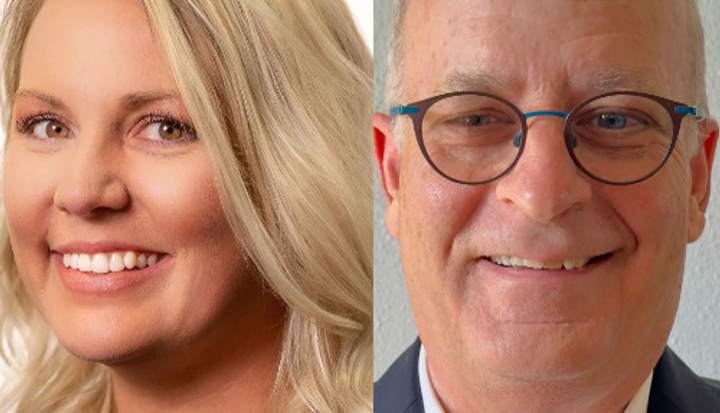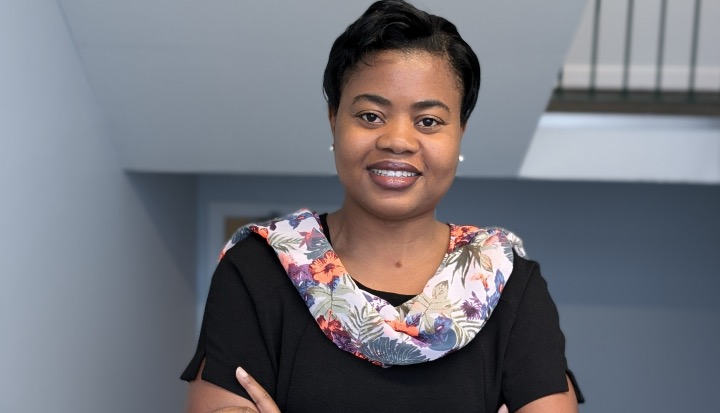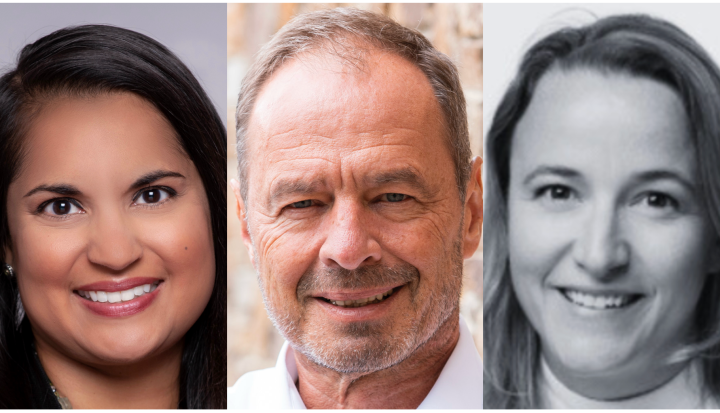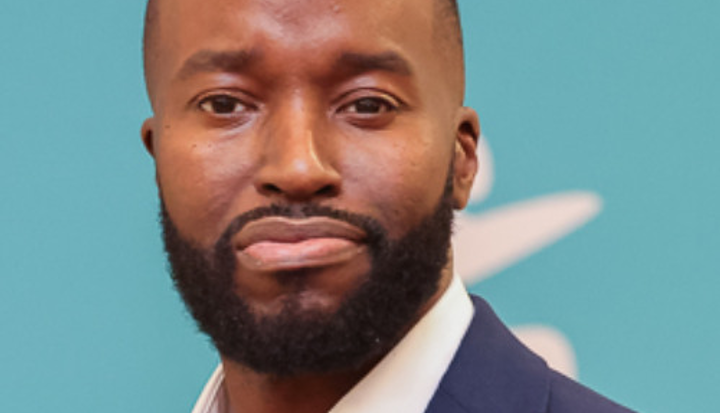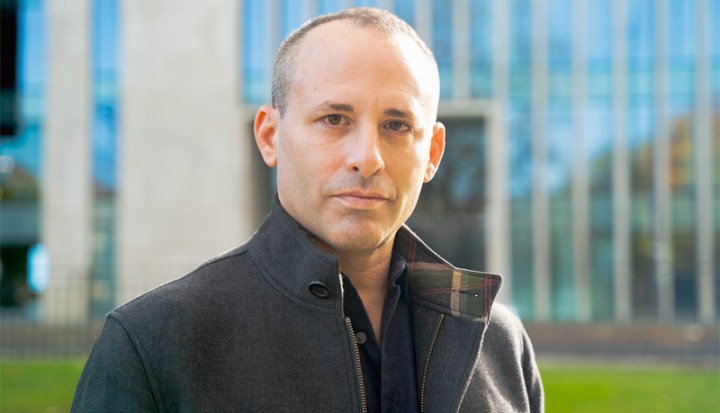BFP: What do you do?
 MMS: I work as a Maternal and Child Health Coordinator at Management and Development for Health (MDH). In my role I provide technical advice and facilitate the translation of new evidence based science on improving maternal and child health into implementable interventions that are applicable and sustainable in our settings.
MMS: I work as a Maternal and Child Health Coordinator at Management and Development for Health (MDH). In my role I provide technical advice and facilitate the translation of new evidence based science on improving maternal and child health into implementable interventions that are applicable and sustainable in our settings.
BFP: What is the best part about your job?
MMS: As an expert in public health, I surely do not own the system, thus, I can say that the best part of my job is when I get to a point that I have managed to contribute towards the attainment of heath care standards that are in line with our policy and cut across the entire community. An example here is when my team and I were able to attain universal coverage of the prevention of mother to child transmission of HIV (PMTCT) from 52% to 95% in Dar es Salaam region within a span of just one year.
BFP: What have been your greatest challenges?
MMS: Knowing that there are many best practices and evidence based interventions that are important and could be implemented for scale up, but not being able to do that at the greatest length due to resource constrains. Thus, my greatest challenge has been on looking at and prioritizing the best approach/approaches to implement evidence based interventions to improve maternal and child heath outcomes to reach a wide community while using the same existing low resources and at the same time factoring in/ensuring that they interventions will be sustainable.
BFP: How have you overcome these challenges? / What advice, would you give to others?
MMS: The greatest tool for me has been working with the team, understanding what the priorities for each district and ensuring I align our workplan with theirs and our funder’s priorities. But most importantly for me its been getting my voice and ideas taken up and promoted by the stakeholders who own the health system as their own. In other words it’s working with the different partners in great collaboration and understanding their needs while helping them to create the demand from the system itself. For instance, we knew its was beneficial to integrate HIV care (providing ART in antenatal –PMTCT clinics) and thus by piloting the ART into PMTCT approach within the first few clinics, we were able to create the demand for scale up from the health managers for he same approach to be implemented in other clinics and the scale up of the interventions was lead by staff from the municipalities again ensuring ownership and sustainability of these programs.
The advice I can give to fellow public health specialists, is to have in mind that no own the system and thus its important to factor in ownership and sustainability of programs hence its always great to do things knowing that when you are not there, the best practices will be continued by others.
BFP: If someone wants to do what you do, where should they start?
MMS: For physicians, I think its good to get some clinical one on one hands on exeprience with patient management. I learnt a lot while practicing as a clinician in an extremely busy HIV/AIDS clinic after completing my medical school training. It was there that I learnt the true challenges and hardships that thousands of people living with HIV and other vulnerable and poor communities face on a day to day. I heard a lot of testimonies from my clients who were mostly poor that even as we encouraged them take their HIV (ART) medication to enhance their clinical outcomes, it was hard to have 100% adherence having no food to eat or not knowing where their next meal would come from. This prior engagement with such a community opened my eyes to some of the real issues that one need to consider in planning for community development. This prior knowledge has added a lot to my transitioning from individual patient care to population health and development and thus knowing the real issues from the ground is an added advantage when one wishes to eventually focus on improving health of communities. Just to add, its important for one to keep updating themselves in knowledge pertaining to their respective field of interest and also be ready to learn through volunteerism, I for one have been a member of the Medical Women Association of Tanzania of which I also served as the Publicity Secretary for three years. We are all employed and thus have had to volunteer our time after work to work for our association which has achieved a lot in raising the awareness of female cancers in particular those leading in death in our country cervical and breast cancer.
BFP: Finally; what do you hope to get out of being part of the BFP community?
MMS: I believe by being a part of the BFP community, I will have a great opportunity to learn from many experts who have already done a lot towards development as well as fellow young colleagues who also have great ideas some of which are being implemented to help our communities thrive and improve in their quality of life. A lot has been done to promote development but I believe there is still a lot more to be done and we need to find local solutions to our local problems so as to maximize on outputs even in the extreme resource constrains that we are in.
Editor’s Note:
Thank you to Mary Mwanyika-Sando for taking the time to do this interview.
We’re always looking out for members to feature. Help us by taking two-minutes to update your profile, or by nominating someone for Business Fights Poverty Member of the Week.
Read previous Member of the Week interviews here.

